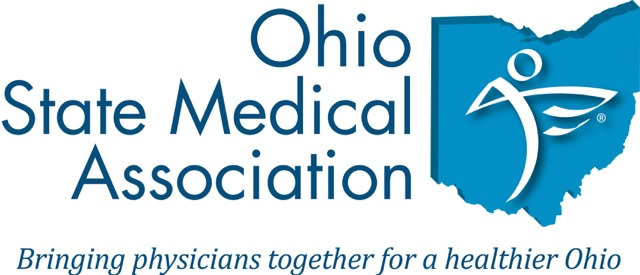Complete Story
04/25/2024
Are You Experiencing “Take Backs” on Claims Already Paid?
If so, we need to hear from you!
OSMA is currently collecting information from practices to assist our advocacy efforts to ensure that current laws are enforced, while also working toward some updates in the law. Current Ohio law is very specific on what the third party payer is required to do before taking back a payment that has already been made. See the full language below.
If you have experienced take backs when these requirements haven’t been followed, we need to hear from you. In particular, what provisions aren’t being followed, and the frequency of this happening—both in terms of numbers of claims and total dollar values.
Please email your examples to info@osma.org and put "take back information" in the subject line. Thank you in advance for your help.
Section 3901.388 | Payments considered final - overpayment.
(A) A payment made by a third-party payer to a provider in accordance with sections 3901.381 to 3901.386 of the Revised Code shall be considered final two years after payment is made. After that date, the amount of the payment is not subject to adjustment, except in the case of fraud by the provider.
(B) A third-party payer may recover the amount of any part of a payment that the third-party payer determines to be an overpayment if the recovery process is initiated not later than two years after the payment was made to the provider. The third-party payer shall inform the provider of its determination of overpayment by providing notice in accordance with division (C) of this section. The third-party payer shall give the provider an opportunity to appeal the determination. If the provider fails to respond to the notice sooner than thirty days after the notice is made, elects not to appeal the determination, or appeals the determination but the appeal is not upheld, the third-party payer may initiate recovery of the overpayment.
When a provider has failed to make a timely response to the notice of the third-party payer's determination of overpayment, the third-party payer may recover the overpayment by deducting the amount of the overpayment from other payments the third-party payer owes the provider or by taking action pursuant to any other remedy available under the Revised Code. When a provider elects not to appeal a determination of overpayment or appeals the determination but the appeal is not upheld, the third-party payer shall permit a provider to repay the amount by making one or more direct payments to the third-party payer or by having the amount deducted from other payments the third-party payer owes the provider.
(C) The notice of overpayment a third-party payer is required to give a provider under division (B) of this section shall be made in writing and shall specify all of the following:
(1) The full name of the beneficiary who received the health care services for which overpayment was made;
(2) The date or dates the services were provided;
(3) The amount of the overpayment;
(4) The claim number or other pertinent numbers;
(5) A detailed explanation of basis for the third-party payer's determination of overpayment;
(6) The method in which payment was made, including, for tracking purposes, the date of payment and, if applicable, the check number;
(7) That the provider may appeal the third-party payer's determination of overpayment, if the provider responds to the notice within thirty days;
(8) The method by which recovery of the overpayment would be made, if recovery proceeds under division (B) of this section.
(D) Any provision of a contractual arrangement entered into between a third-party payer and a provider or beneficiary that is contrary to divisions (A) to (C) of this section is unenforceable.
